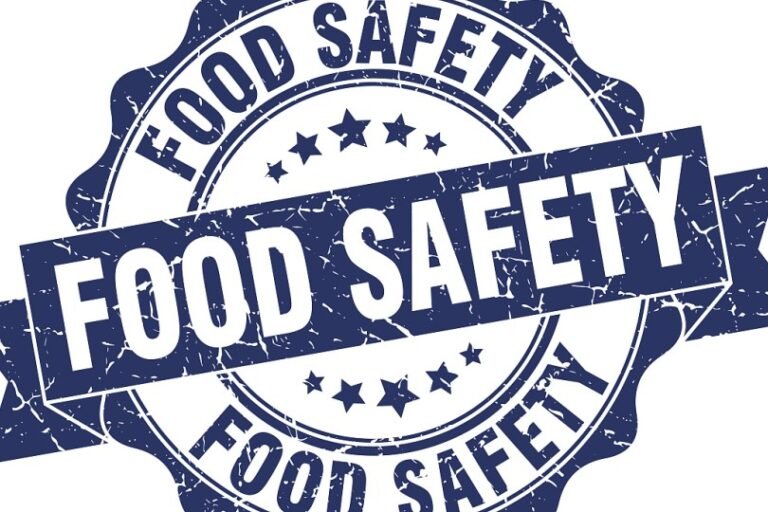Legal documents are not just paperwork; they are powerful tools that give seniors control over their lives. They allow individuals to designate decision-makers, allocate resources, and define their healthcare preferences. Without these legal protections in place, families may face unnecessary court proceedings or make choices that do not reflect the senior’s true intentions.
For aging adults, the right legal documents can make transitions smoother, minimize conflict, and protect against potential abuse. Each document serves a unique purpose and, when combined, they offer a comprehensive safety net for legal, medical, and financial matters.
Incorporating Legal Documents Into Home-Based Care
As more seniors choose to age in place, these legal documents become even more relevant. For those receiving Professional universal healthcare at home in Santa Ana, it is especially important to ensure that care providers and family members are informed of legal directives. Advance directives, for example, inform healthcare professionals about a senior’s preferences in the event they become unable to communicate.
Proper documentation also helps caregivers access medical records, manage finances, or make legal decisions on the senior’s behalf. Having these documents on hand ensures that the quality of care remains consistent with the senior’s values and wishes.
Power of Attorney (POA)
One of the most crucial legal documents for any senior is the Power of Attorney (POA). This document grants a trusted person the authority to make financial or legal decisions on the senior’s behalf. There are two main types: a financial POA and a healthcare POA. Both ensure that if the senior is unable to act, their affairs can still be managed smoothly.
It’s important to choose a reliable and trustworthy individual for this role. A POA can take effect immediately or only upon incapacity, depending on how it is written. This flexibility helps seniors maintain control over their own affairs while still preparing for the future.
Advance Healthcare Directive
An Advance Healthcare Directive (also known as a Living Will) is another vital legal document. It allows seniors to outline their medical treatment preferences, such as life support measures, pain management, or organ donation wishes. It also allows the designation of a healthcare proxy to make decisions on their behalf if they cannot communicate.
This legal document becomes especially useful during medical emergencies or severe illnesses. It ensures that healthcare providers and family members honor the senior’s choices, avoiding confusion or disagreement in emotionally charged situations.
Last Will and Testament
A Last Will and Testament specifies how a person’s assets and property should be distributed after death. For legal documents, this is foundational for estate planning. Without a valid will, state law decides who inherits the estate, which may not align with the senior’s preferences.
The will can also include guardianship decisions, instructions for debts and taxes, and even personal messages to loved ones. For seniors, having a legally binding will helps prevent disputes among heirs and ensures that their legacy is managed with dignity and intention.
Living Trust
A Living Trust is another powerful legal document that can be used in conjunction with a will. It allows seniors to place assets into a trust that is managed during their lifetime and transferred to beneficiaries upon death without the need for probate court.
This type of trust provides privacy and faster distribution of assets. It’s especially useful for seniors with complex estates or those who want to provide continuous financial support to family members. A Living Trust helps streamline asset management and ensures smooth succession planning.
HIPAA Authorization
To ensure that designated individuals can access medical records, seniors need to sign a HIPAA (Health Insurance Portability and Accountability Act) Authorization. This legal document allows doctors and hospitals to share health information with family members or caregivers.
Without this authorization, even close relatives may face difficulties accessing essential medical updates. For aging adults at home, where caregivers need to coordinate care and make quick decisions, having a HIPAA release on file is essential for seamless communication and quality care.
Do Not Resuscitate (DNR) Orders
Some seniors may choose to have a Do Not Resuscitate (DNR) order as part of their end-of-life planning. This legal document informs medical personnel not to perform CPR if the heart stops or breathing ceases. It’s usually prepared with a physician and kept in an accessible location at home.
For those with terminal illnesses or advanced conditions, a DNR ensures that their death is handled with dignity and without aggressive medical interventions they do not want. It reflects the individual’s right to choose how they experience the end of life.
How to Keep Legal Documents Accessible
It’s not enough to just prepare these legal documents; they must also be stored safely and shared appropriately. Seniors should keep originals in a fireproof safe or locked drawer, and copies should be given to family members, lawyers, doctors, and caregivers. Emergency responders should know where to find documents like the Advance Directive or DNR order.
Some families also choose to store digital copies for quick access. Having an organized system ensures that when a critical situation arises, the documents are readily available and legally valid.
Regular Updates and Reviews
Life circumstances change, and so should legal paperwork. Seniors should review their legal documents every few years or after major life events such as a death in the family, new diagnoses, or changes in finances. Keeping documents current prevents outdated wishes from being followed and ensures that the right individuals are still authorized to act on the senior’s behalf.
Working with a trusted attorney or estate planner can help ensure these documents remain in compliance with state laws and reflect the senior’s evolving needs and goals.
Conclusion
Having the right legal documents in place is essential for seniors who want to protect their rights, secure their healthcare choices, and ensure financial stability. From POAs and healthcare directives to wills and trusts, each document serves a critical role in safeguarding autonomy and providing clarity. For those receiving healthcare at home in Santa Ana, these documents also support effective caregiving and ensure that home-based care aligns with personal wishes. By taking proactive steps today, seniors and their families can face the future with greater peace of mind and confidence.



